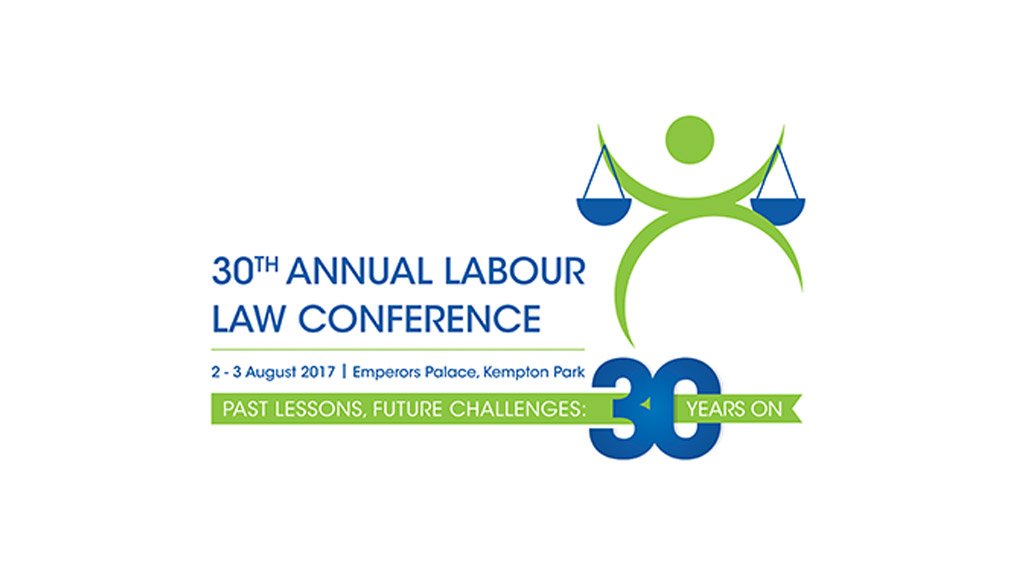The passing of the Labour Relations Act in 1995 a year after the advent of South Africa’ democracy must rate as the highlight of the labour law landscape over the past 30 years, says Professor Rochelle Le Roux in the Faculty of Law at the University of Cape Town, and director of the Institute of Development and Labour Law.
The Act aims to promote economic development, social justice, labour peace and democracy in the workplace.
“Over the past 22 years lawyers and academics have tried to understand the full implications of the Act. The dynamics of SA’s labour landscape means there are still new arguments and angles being presented every day as we continue to discover new meanings and challenges,” says Prof. Le Roux.
For this reason the Annual Labour Law Conference which celebrates its 30th anniversary this year explores pertinent labour issues that are arising. This year the programme takes a close look at what’s happening in the realm of strike law; retrenchment law and dismissal law among other topics.
“In the past year we have seen, for the first time, more litigation in respect of retrenchments particularly in the mining sector where the LRA intersects with sections in the Mining and Petroleum Resources Development Act that relate to change in ownership. These cases have been quite prominent although they have been mostly the application of old arguments based on new facts,” says Professor Le Roux.
She is of the view that despite the changing dynamics of South Africa’s labour market and arguments that the labour laws are too onerous on employers who try to find other means of securing services without employing people, the country’s labour laws are still appropriate. The problem lay with the enforcement of the laws and the country’s ability to create jobs.
Professor Le Roux, who is on the organising committee of the 30th Annual Labour Law Conference taking place from August 2-3 at the Emperors Palace, Kempton Park Gauteng, says the flailing job creation numbers point to other factors that cannot be fixed by labour laws. The law can only protect jobs.
For this reason the conference which is hosted by UCT, UKZN and Wits, has moved away from the letter of law – how the labour laws are being interpreted by the courts and the CCMA – to, in recent years, incorporating discussions on socio-economic issues and their interface with employment.
“We are looking at the drivers outside of employment law that are impacting employment in the country, although there is still a good review of the hard labour law issues that are unfolding,” said Prof. Le Roux.
The two-day conference programme includes a panel discussion entitled Understanding the Water Crisis and its Implications for Labour Law by Dr Lester Goldman, CEO, Water Institute of South Africa as well as a plenary paper by Sipho Mila Pityana, Chairman of Anglo Gold Ashanti on Infrastructure Development, Labour and Economic Growth, which explores how South Africa can focus on infrastructure for job creation.
A plenary session paper by Prof Paul Benjamin, Senior Director at Cheadle Thompson & Haysom, entitled Thirty years on - reflections and the future includes the latest National Minimum Wage Act and amendments labour legislation to wrap up the conference.
For bookings or more information on the 30th Annual Labour Law Conference to be held from 2-3 August 2017 at Emperors Palace, Kempton Park, Gauteng visit www.annuallabourlawconference.co.za





